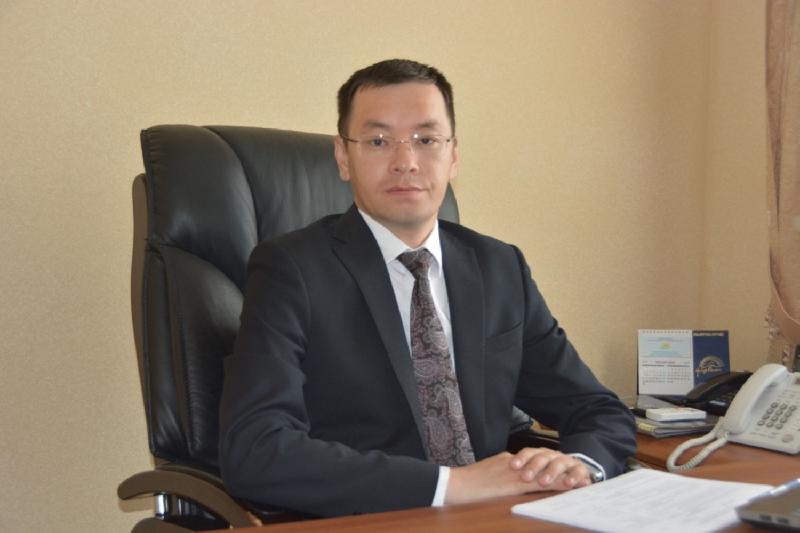Most Kazakh citizens don’t litter because they know it’s wrong. The same is true for an individual as he or she considers trying to bribe an official. They don’t do it not only because of fear of punishment and public censure but because they know it is wrong.
Fighting corruption with both enforcement and the public’s inherent sense that it is wrong is something all nations strive to achieve and is characteristic of the Anti-Corruption Strategy of Kazakhstan, adopted in 2014.
Kazakh President Nursultan Nazarbayev represented the importance of such an integrated approach in his state-of-the-nation address, “The Third Modernization of Kazakhstan: Global Competitiveness.”
“We have taken significant steps to reduce the level of corruption in the country. At the same time, the focus is on combating the consequences of corruption. It is necessary to strengthen the work to identify and eliminate the causes and prerequisites of corruption,” he said.
Kazakhstan is able to point to successes in eradicating the causes and conditions that generate corruption, creating a breakthrough in the public consciousness, creating an internal rejection of any of its manifestations.
Nevertheless, there are still officials who continue to commit official crimes, lobbying the interests of commercial organisations. As before, the spheres of increased corruption risk are the use of state property, expenditure of budget funds, public procurement procedures for construction, repair of social facilities and transport communications.
Corrupt manifestations in these, as well as in other spheres, damage the budget, can lead to disruption of the implementation of state and sectoral programmes. Most importantly, they reduce public confidence in the government, freeze and even exacerbate the unresolved social problems.
Current legislation provides severe penalties for officials found guilty of corruption and the system of their prompt detection is being improved. But demand creates supply and this axiom of market relations is applicable to any sphere of human life.
Entrepreneurs who are looking for workarounds for getting a state order, winning a tender, should be well aware that officials who agreed to “help” for a certain reward render them a disservice. It is not only because the risk of disclosure and cancellation of contracts concluded in violation of the law increases every day. But also because by trying to take immediate advantage, entrepreneurs risk their business reputation. Having chosen roundabout ways, they voluntarily deprive themselves of legal protection. It is unlikely that they will dare to turn to law enforcement when they are in the difficult situation, such an illegal takeover. Not having learned to act within the framework of the law, they elementary do not survive in a competitive environment.
The violator of traffic rules trying to “negotiate” with the policeman who stopped him, should remember that another driver can do the same thing. Another driver who does not have a driver’s license and who drinks too much before getting behind the wheel can hurt anyone, including ourselves, our relatives and friends.
The whole system of anti-corruption legal education of citizens is meant to bring this causal connection to citizens. This is done through publications in the media, broadcasts on state television and radio channels, provision of free legal anti-corruption assistance, meetings and various public events.
An anti-corruption mobile group of our department together with representatives of the regional branch of the Nur Otan party, the branch of the NGO National Movement Against Corruption Zhaharu, the National Chamber Atameken holds meetings with work collectives and meets with the population of the region. The dialogue has helped inform the fight against corruption.
We are well aware that not only the process of counteracting corruption is important to our citizens and society, the result is also important. In the whole system of public service, accountability, transparency of work, adherence to the principle of meritocracy in the appointment of civil servants, improvement of the quality of public services are being improved.
At the same time, our successes and our temporary unsuccessful failures fully confirm the correctness of President Nazarbayev’s words: “Much of the fight against corruption will depend on the active participation of the whole society. With the development of social networks and other media resources, universal rejection must become a powerful tool in countering corruption.”
We can only cope with corruption when we realize that civilisation and genuine competitiveness begin with the fact that we can give up immediate personal benefits for the sake of greater benefits for everyone.
The author is head of the Department of the Agency of the Republic of Kazakhstan for Civil Service and Anti-Corruption Affairs in the Akmola region.


